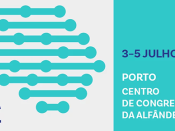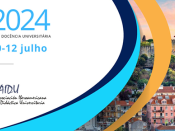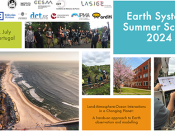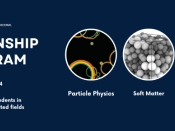Por Danilo Alvares (University of Cambridge, UK).
Several joint models for longitudinal and survival data have been proposed in recent years. In particular, many authors have preferred to employ the Bayesian approach to model more complex structures, make dynamic predictions, or use model averaging. However, Markov chain Monte Carlo methods are computationally very demanding and may suffer convergence problems, especially for complex models with random effects, which is the case for most joint models. These issues can be overcome by estimating the parameters of each submodel separately, leading to a natural reduction in the complexity of the joint modeling, but often producing biased estimates. Hence, we propose a novel two-stage approach that uses the estimations from the longitudinal submodel to specify an informative prior distribution for the random effects when estimating them within the survival submodel. In addition, as a bias correction mechanism, we incorporate the longitudinal likelihood function in the second stage, where its fixed effects are set according to the estimation using only the longitudinal submodel. Based on simulation studies and real applications, we empirically compare our proposal with joint specification and standard two-stage approaches considering different types of longitudinal responses (continuous, count, and binary) that share information with a Weibull proportional hazard model. The results show that our estimator is more accurate than its two-stage competitor and as good as jointly estimating all parameters. Moreover, the novel two-stage approach significantly reduces the computational time compared to the joint specification.











